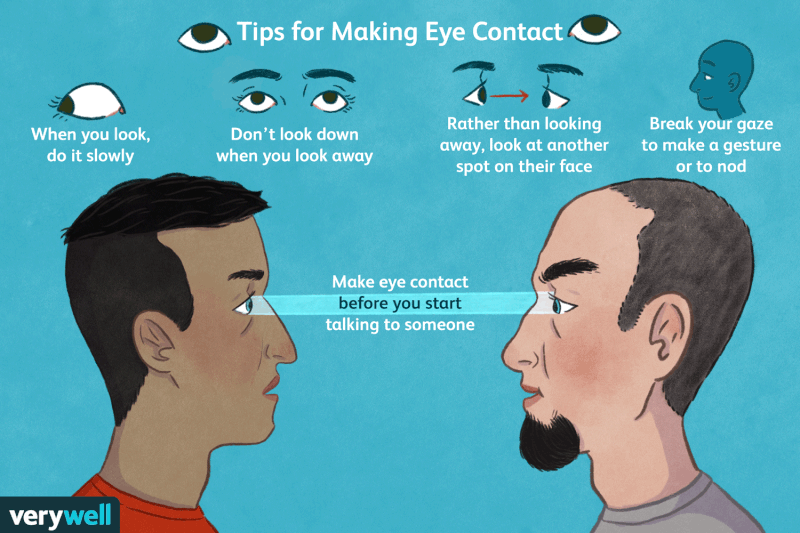In business settings, certain habits or behaviors can be what sets you apart as an expert. Some companies put soft skills and communication capabilities higher than actual hard skills on their list of priorities when hiring. That’s why adhering to business etiquette is essential. Best time tracking and invoicing software can also support your professional habits by keeping you organized and efficient.
In this article, we will discover ten business etiquette rules and how you can develop them for your professional success!
Understanding Business Etiquette in Professional Settings
Business etiquette is the set of rules and manners that one should follow when operating in the business world.
Business etiquette rules apply to whoever you’re interacting with within your professional life – colleagues, employees, partners, and customers. It helps establish strong professional relationships and a collaborative work environment.
What are the examples of business etiquette rules? Let’s go through some basic workplace etiquette. These rules work to improve the workplace environment, productivity, and relationships.
Some proper workplace etiquette includes:
- Greeting everyone;
- Being polite and kind to your colleagues;
- Showing manners and looking appropriately;
- Being firm in achieving your goals but flexible in collaboration;
- Being open, proactive, and helping out others when needed.
Like any other skill, developing your business etiquette works through daily practice, self-introspection, and taking inspiration from others. Understanding basic business etiquette guides you for more in-depth rules, which we will cover right now!
Top 10 Business Etiquette Rules for Professional Success
Below are the ten essential business etiquette rules. Try incorporating them into your daily work activities to improve your business etiquette skills and overall performance!
1. Punctuality: The First Rule of Business Etiquette

In business, time really is money! Punctuality applies to situations like coming to the office, attending a meeting, or finishing your tasks.
Timely arrivals tell a lot about your behavior and manners. Arriving on time for meetings shows that you respect the attendants. As a result, you gain mutual respect. Additionally, being punctual adds professionalism and shows that you take responsibility.
This rule ties back to your time management skill, which you can improve over time. Prioritize arriving on time, take internal and external factors into account. Also, practice being punctual by tracking your daily activities.
2. The Importance of Dressing Appropriately in Business
Humans are naturally visual beings, so even if people you meet don’t consciously judge you based on looks, dressing appropriately still creates an impression as much as your words and actions. Dressing like a professional you aspire to be is proper etiquette that impacts how credible you look.
Dress appropriately is by being aware of your activities. There’s always a proper dress code for any occasion. At the office, match your dress code to meet the company policy while expressing your personality.
3. Pay attention to names 👥
During social interaction, a person’s name is usually the first thing you learn about someone. Paying attention and memorizing their names shows your sincerity and how involved you are in the conversation.
Remembering names right away generally leads to people respecting and liking you more. Colleagues, employees, and coworkers will feel more appreciated. For customers, mentioning and remembering their names makes them feel important and valued which helps build loyalty.
If you’re running a website, there is even room for paying attention to names on the pages that you dedicate to customer feedback and endorsements. For example, look at how the Zyro review page is organized. By including your customers’ names you effectively show that you care about them as a business.
Memorizing names can be challenging, especially in a big organization. Overcome this by repeating the person’s name during your first interaction. Mention their names a few times in a conversation. Alternatively, keep their business cards to help memorize their names and details.
4. Introduce others 💬
The strong skill of introduction can lead to more opportunities for your professional growth. It helps build relationships among coworkers and widens your business network.
This skill applies whenever you’re meeting with a new group of people, for example, during a networking session. Getting to know everyone can get overwhelming, and you can be the one to introduce them around.
When introducing others, what matters is the current social situation you’re in. Make sure to understand their seniority or status and adjust accordingly. Introduce them with more than their names by including professional and even some details, as long as it’s brief and within the context of the conversation.
5. Maintain eye contact 👀
Eye contact can be an important indication of your communication and body language skills. It tells what cannot be said, like how interested you are in the conversation. Along with a firm handshake, eye contact can build a great first impression.
Making and maintaining eye contact politely is about duration. Keep it long enough to show you’re paying attention to your coworkers but short enough to avoid being rude or awkward. If you feel uncomfortable looking straight in the eyes, use some tips to overcome this anxiety.

6. Give clues that you are paying attention 👂
Through simple gestures or replies, paying attention tells people that you care and value their opinions. Most of the time, showing attention is about your body language. Actively listen to the person you talk to by nodding your head, smiling, or giving gestures that show responses. It’s also about taking turns, where you wait until they finished talking before replying.
7. Don’t interrupt 😶
Doing this is merely polite and shows respect to your colleagues. Without specific purposes, interrupting others when talking or working isn’t proper etiquette in any scenario.
If you’re ever in the opposite position, avoid interrupting the other part. Instead, make them understand your position by staying in the conversation and constructively communicating your point of view.
Practice this on any interaction to understand the difference between speaking up and interrupting others. Know when to talk and when to listen to everyone else. In an argument, don’t interrupt by controlling your emotions.
8. Double-check your emails 📧
Business etiquette applies to digital communication just as much as to real-life interactions. Being able to write great business emails is an art form by itself, but even simply proofreading your emails can go a long way. Proofreading can be a tedious task. So, save time by having email templates. Consider using online tools to check the grammar and make sure no typos sneak in.

Double (or triple!) check your emails before hitting that “send” button to avoid misunderstandings, especially considering how delicate words can be.
9. Avoid gossip 🗣👤
Naturally, office gossip between coworkers reflects unprofessional behavior and is frowned upon. Moreover, a part of successful team collaboration and healthy team dynamics is solid and ethical communication. Gossiping in the workplace creates gaps between employees that eventually affect the efficiency of their collaborations.
Gossiping tends to start with one person, so it helps to keep personal thoughts to yourself and not overshare. Don’t create unnecessary distractions from work. Consider how you behave as a part of the group.
10. Keep your workplace tidy 📚
It’s easy to get lost in your work and not mind your working area. However, it’s also important to remember that you’re sharing the office with other workers. This is about keeping your desk organized, which affects productivity.
To maintain an organized workplace, start by making a place for everything you do need, and get rid of anything you don’t. Use book organizers, minimize clutter, or go paperless. Always clean your desk after you are done for the day.
Business Etiquette Rules: In Closing
Regardless of the business, you’re in or the professional settings you experience, these business etiquette guidelines are here to stay. Business etiquette is a combination of communication skills, basic manners, and effective use of personal resources. Learning about it requires self-discipline and an understanding of how to act properly in different situations.
If you are managing a team of 5 or more and looking to boost efficiency, Everhour is the perfect tool to keep your team on track and help you adhere to your code of conduct. With seamless time tracking, you can easily estimate task durations, set clear budgets, and generate detailed reports inside Asana, Trello, Jira, or any other pm tool.

